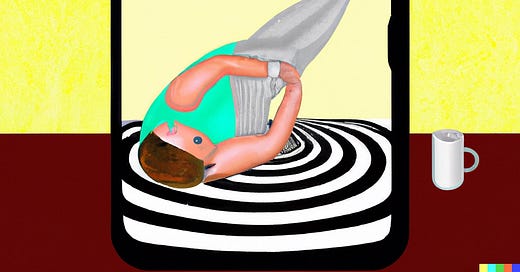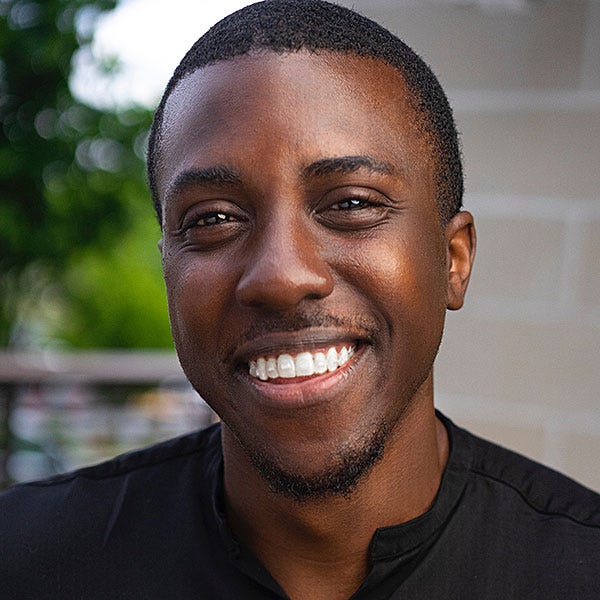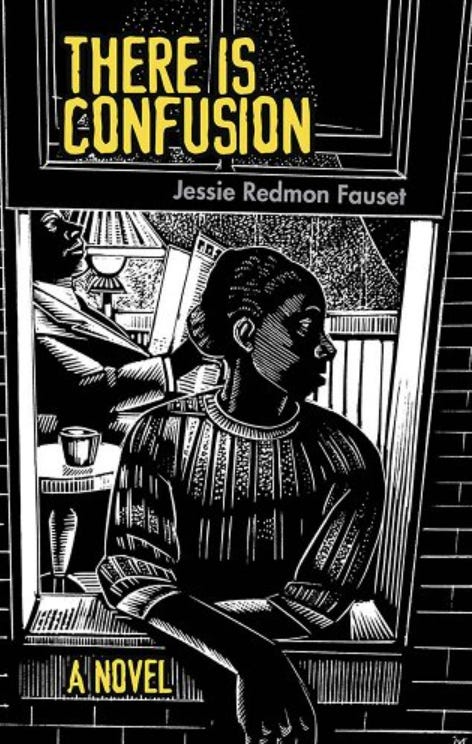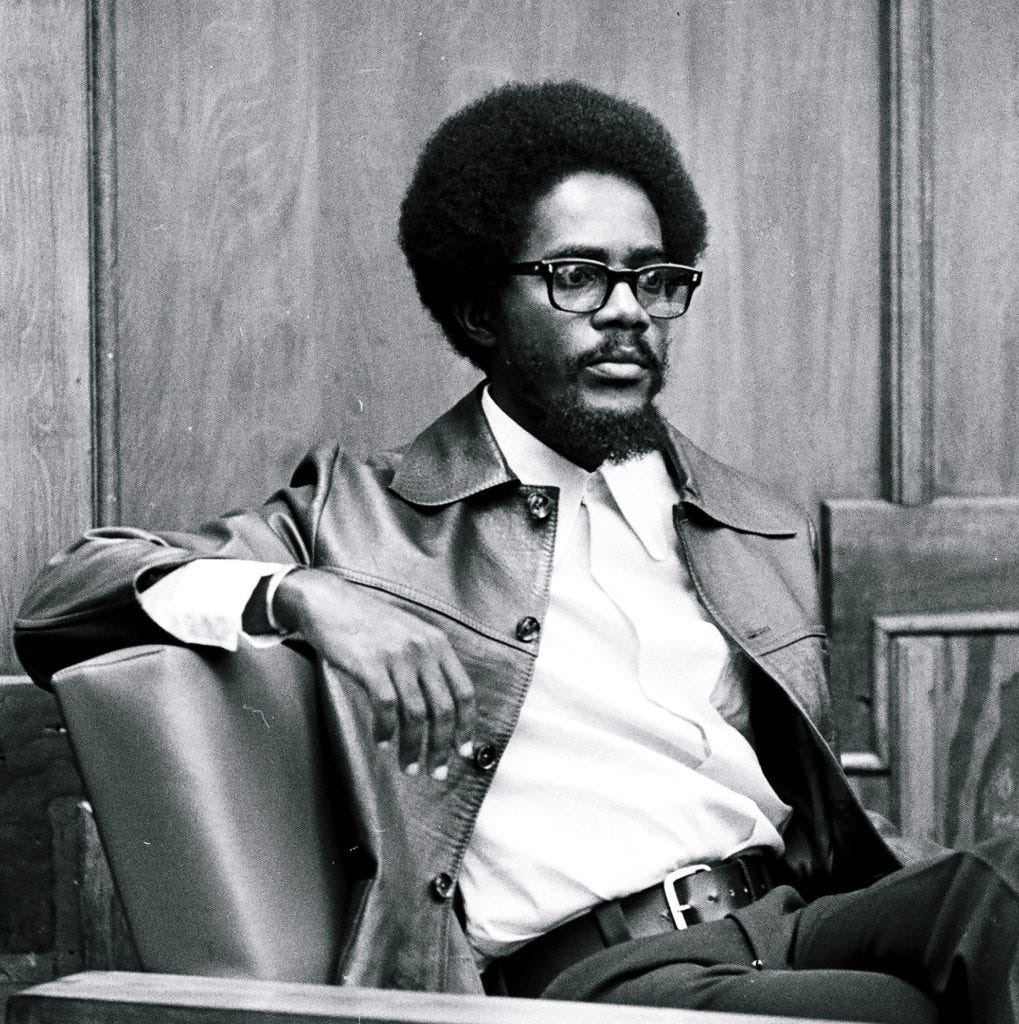NBN Newsletter #8
Featuring a curated playlist about social media and an interview with Professor Jared Loggins
Social Media
For a decade, the social media landscape was dominated by a few major players. In the past couple of months, the status quo has been rocked. Meta, Facebook’s parent company, recently laid off 13% of its workforce, and Twitter is about to break. The decline of these two companies will likely have drastic implications for the future of the industry.
Facebook and Twitter are primarily text-based platforms that center around social networking— Facebook “friends” are typically people you know or tangentially know offline. Meanwhile, Twitter “followers” branch off into niche communities of journalists, activists, intellectuals, comedians, etc.
Instagram and TikTok, the other two largest platforms, are image-based and geared toward thematic content. That is, rather than feeding you content from your social network, the algorithms of these platforms prioritize content that is most similar to that which you previously viewed. For example, if you tend to look at and “like” cute animal videos on TikTok, the algorithm will give you an endless stream of cute animal videos from countless sources. You will still see content from “friends” and “followers”, but it will be no more than a stone in the algorithmic river.
The social networks that Facebook and Twitter foster are oftentimes feeble and impersonal, meaning it is not necessarily a bad thing that their demise seems near. However, the potential erosion of these two platforms will likely cause a recalibration of the industry. With TikTok waiting in the wings, might social media shift away from friends and individual creators to the vast ocean of pure algorithmic content?
Playlist
Jacob Johanssen, Psychoanalysis and Digital Culture: Audiences, Social Media, and Big Data (Routledge, 2019)
Matthew Flisfeder, Algorithmic Desire: Toward a New Structuralist Theory of Social Media (Northwestern UP, 2021)
Lee Humphreys, The Qualified Self: Social Media and the Accounting of Everyday Life (MIT Press, 2018)
Germaine R. Halegoua, The Digital City: Media and the Social Production of Place (NYU Press, 2019)
Jacob Mchangama, Free Speech: A History from Socrates to Social Media (Basic Books, 2022)
Lee C. Bollinger and Geoffrey R. Stone, Social Media, Freedom of Speech, and the Future of Our Democracy (Oxford UP, 2022)
Leticia Bode et al., Words That Matter: How the News and Social Media Shaped the 2016 Presidential Campaign (Brookings Institution Press, 2020)
Donna Freitas, The Happiness Effect: How Social Media is Driving a Generation to Appear Perfect at Any Cost (Oxford UP, 2017)
Scholarly Sources
Jared Loggins is Assistant Professor of Black Studies and Political Science at Amherst College.
Q: What are you reading right now?
A: I am currently writing a book about race and psychic injury that tries to reconstruct a set of interlocking problem spaces in the early decades of the 20th century. In doing this, I’ve started reading fiction, literature, and poetry to try and capture some prevailing moods and sensibilities of the time. A few stand out.
The Love Songs of W.E.B. Du Bois by Honoree Fanonne Jeffers
Wayward Lives, Beautiful Experiments by Saidiya Hartman
Jazz by Toni Morrison
Harlem Shadows by Claude McKay
There is Confusion by Jessie Redmon Fauset
I am also re-reading the following books as I try to think about this big and enduring question of what constitutes a black left formation—its cultural symbols and myths, aesthetics, and political commitments.
In the Cause of Freedom by Minkah Makalani
“The Belly of the World: A Note on Black Women’s Labors” by Saidiya Hartman
Hope Draped in Black by Joseph Winters
Spectres of 1919 by Barbara Foley
The Black Atlantic by Paul Gilroy
Black Marxism by Cedric J. Robinson
Transcending the Talented Tenth by Joy James
Q: What is your favorite book or essay to assign to give to people and why?
A: James Baldwin’s “Letter from a Region in My Mind” remains one of the most honest and soul-penetrating pieces of writing I have ever encountered; and my students, over and over again, seem to agree! I taught a class this past semester called “Lovers and Friends” and after a student in class read the line where Baldwin says that love is a practice of unmasking that which we fear we cannot live without, we all just sat there in stunned silence. What a beautiful and terrifying thing to say!
The entire essay is an attempt to shed these layers of misdirection and safety that supplied him only temporarily with comfort from a brutal world. I like assigning this essay also because it is an easy and straightforward way for students to understand the essence of ideology critique. Ideology critique is the unmasking of those things we think help us to flourish but are in fact destructive to ourselves and others. Following Baldwin, we might refer to this unmasking as an act of love.
Q: Is there a book you read as a student that had a particularly profound impact on your trajectory as a scholar?
A: The Groundings with My Brothers and How Europe Underdeveloped Africa by Walter Rodney shifted the already tenuous intellectual ground I was standing on in college. For all of these books’ analyses of racist and capitalist imperialism, one of the key insights for me was the fact that he was anchored by the self-activity of the grassroots. He embedded himself in their struggles and understood his contributions to be measured in relationship to their emancipation. The timing of my encounter with Rodney must have been divine because up to that point I had been totally fooled by the neoliberal “thought-leadership” models that insist on a division between the educated and the rest.
Q: Which deceased writer would you most like to meet and why?
A: I desperately want to ask Toni Morrison what she meant when she talked about her writing practice involving speaking to the dead. Was that a metaphor for archival and historically- situated writing? Was she trying to say that the dead haunt us in the present? Or was she trying to model a kind of care and sensitivity to those for whom we can only know so much? More still, perhaps she was saying the job of the writer is like that of a time traveler, searching the past for clues that can set us right in the present?
Q: What’s the best book you’ve read in the past year?
A: Martin Hägglund’s This Life: Secular Faith and Spiritual Freedom is not without limitations but it is easily one of the most transformative books I’ve read this past year. He asked this basic philosophical question about what motivates us to do anything at all in life and answers it by defending the power of human finitude. Our time on Earth is limited, even more so by a capitalist economy that motivates us to claw and scratch for the upper hand. I felt quite taken by the interpersonal challenge of the book, which is that we owe it to our fellows to care for another in the limited space of time we have; and that we owe it to the world to build the form of life (socialism) that best maximizes our time to care for one another.
Q: Have you seen any films, documentaries, or museum exhibitions that left an impression on you recently?
A: My students and I recently watched the 1971 conversation on SOUL! between James Baldwin and Nikki Giovanni. There is so much there bubbling over in terms of generational and gendered splits in black political and social life. If you want to understand some of the intimate conflicts and presuppositions of what was by that point an ascendant Black Power movement, this is a great place to start!
Q: What do you plan on reading next?
A: I am going to do it. I am going to start and finish the Mike Davis corpus. I only have City of Quartz under my belt.
New Books, Links, & Other Things
Adam Elder, New Kids in the World Cup: The Totally Late '80s and Early '90s Tale of the Team That Changed American Soccer Forever (U of Nebraska Press, 2022)
Itamar Rabinovich and Carmit Valensi, Syrian Requiem: The Civil War and Its Aftermath (Princeton UP, 2022)
Zebulon Vance Miletsky, Before Busing: A History of Boston's Long Black Freedom Struggle (UNC Press, 2022)
(If you’ve just finished an exceptionally engrossing book, listened to a great NBN episode, discovered a new podcast, or stumbled across an interesting website, please email caleb@newbooksnetwork.com)
Note: The newsletter will return in the new year. Happy holidays!












